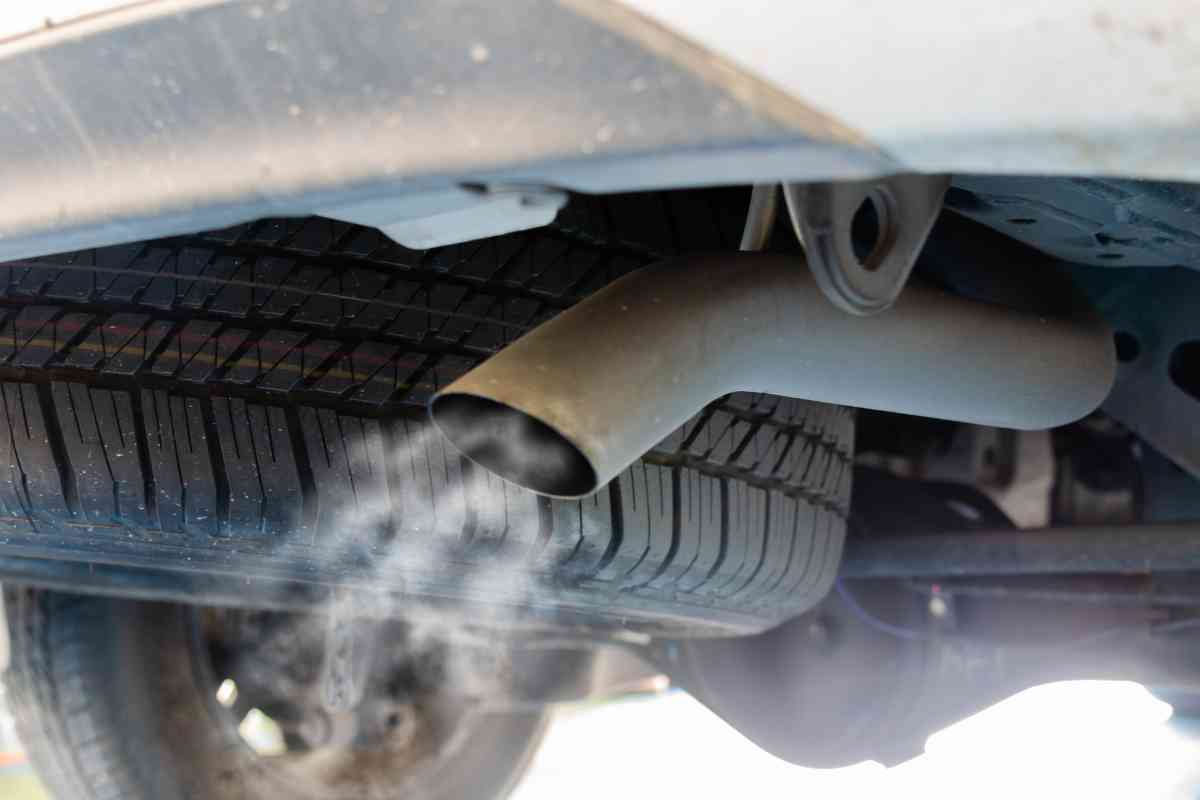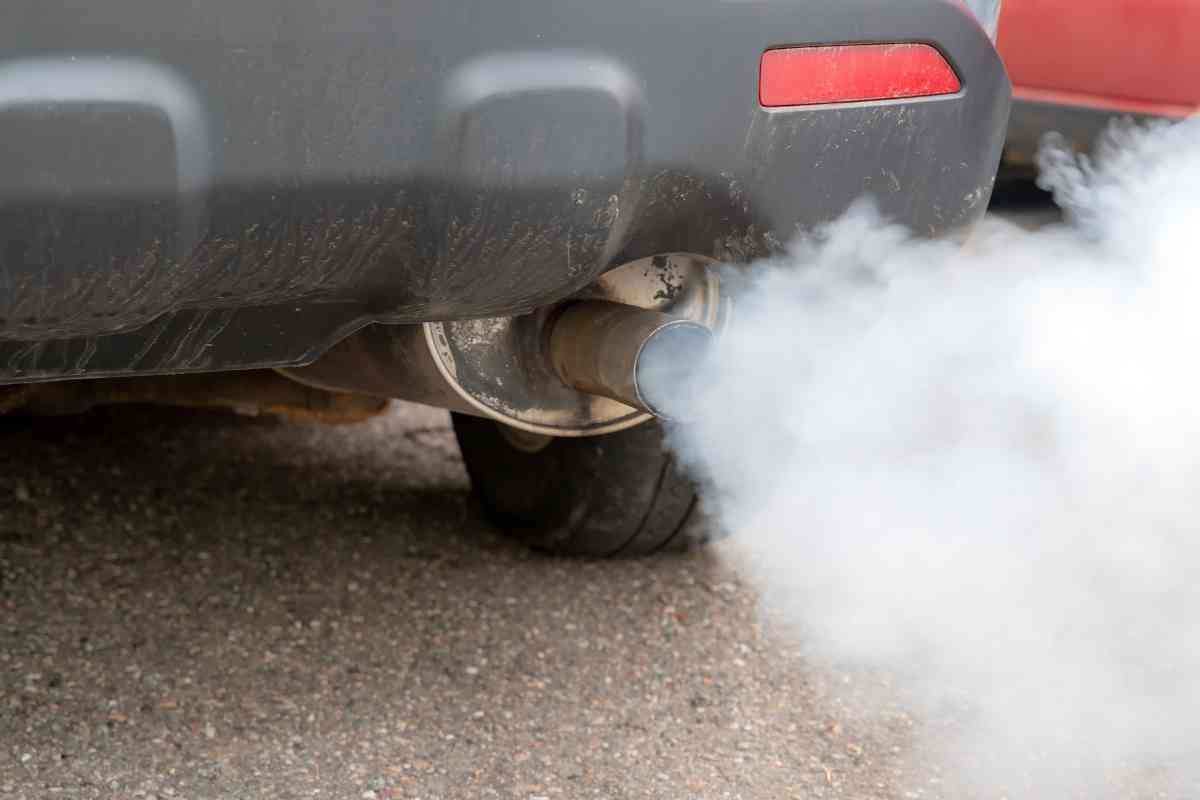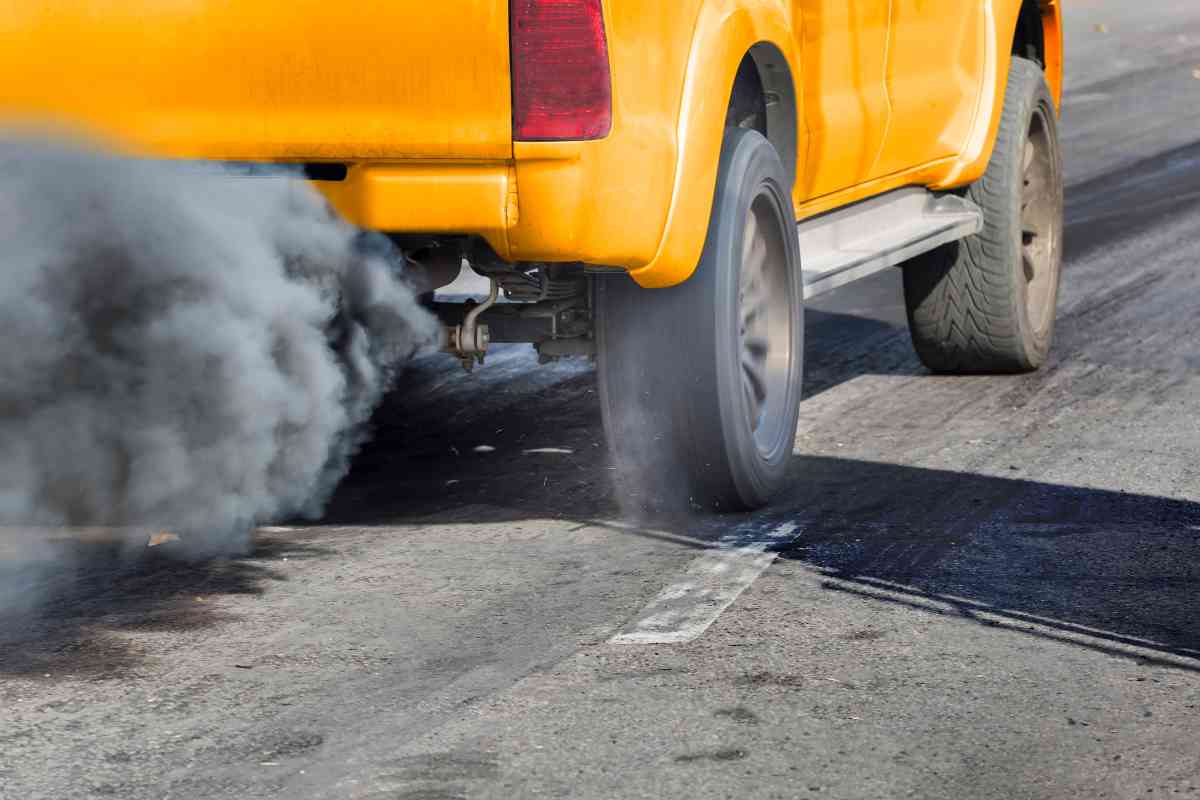Burning Oil and Catalytic Converter Damage: Exploring the Possible Link
As vehicle usage increases globally, so does concern over air pollution, particularly from oil burning which may harm catalytic converters.

Related Post! How Long Does A New Catalytic Converter Smell?
Can Burning Oil Damage The Catalytic Converter?
Yes, burning oil can damage the catalytic converter. Oil that enters the combustion chamber can burn and produce harmful byproducts like sulfur, leading to clogging and contamination of the catalytic converter’s core, reducing its efficiency and potentially causing it to fail. Regular maintenance is essential to prevent such damage.
While definitive evidence is lacking, it’s believed that sulfur from burning oil can damage the converter’s catalysts. Oil in the engine may also deposit on spark plugs and other components, contributing to potential converter damage. Addressing oil consumption and ensuring proper vehicle maintenance are critical steps to safeguarding these vital emission control systems and improving air quality.
What is a Catalytic Converter?
A catalytic converter is a crucial device within a vehicle’s exhaust system, designed to reduce harmful emissions. It converts toxic gases and pollutants, such as carbon monoxide, hydrocarbons, and nitrogen oxides, into safer compounds like carbon dioxide, water vapor, and nitrogen gas through redox reactions facilitated by catalysts like platinum, palladium, and rhodium.
What Causes Catalytic Converter Damage?

The leading cause of catalytic converter damage is often oil burning. Oil that enters the combustion chamber can create thick smoke that clogs the converter’s honeycomb structure, significantly lowering its efficiency and potentially leading to failure. This issue is compounded if the oil contaminates the oxygen sensor, causing the engine to run rich and increasing the risk of overheating the converter. Additional risks include physical impacts, overheating from engine misfires, contamination from coolant, and general wear over time.
Proper vehicle maintenance and monitoring oil consumption are essential to protect the catalytic converter, ensuring it continues to function effectively and contribute to reducing vehicle emissions.
Related Post! Can Oil Damage A Catalytic Converter?
Symptoms of Catalytic Converter Damage
- Check Engine Light: The illumination of the check engine light on your dashboard can signal several issues, including potential catalytic converter damage. This indicator should prompt a diagnostic check to pinpoint the exact cause.
- Reduced Engine Performance: If you notice diminished acceleration, decreased fuel efficiency, or difficulty starting the engine, it could be symptomatic of catalytic converter issues. These performance issues stem from the converter’s inability to properly process exhaust gases.
- Strange Noises: Damage to the catalytic converter might also manifest as unusual sounds—rattling, hissing, or roaring from the exhaust system. Such noises often indicate internal problems, like a loose or broken catalyst component, necessitating immediate professional inspection.
Strategies for Preventing Catalytic Converter Damage:

- Routine Maintenance: Regular checks and maintenance of the exhaust system are vital. Ensure the oxygen sensor functions optimally to prevent unburned fuel from harming the catalytic converter. Keep the engine tuned and spark plugs replaced according to the manufacturer’s guidelines to maintain proper engine function and prevent excess fuel in the exhaust.
- Proper Fuel Usage: Always use the fuel type recommended by your vehicle’s manufacturer. Incorrect fuel can lead to incomplete combustion, depositing excess fuel in the catalytic converter. Avoid unnecessary additives that aren’t manufacturer-approved, as these could contribute to converter damage.
- Driving Habits: Minimize excessive idling and aggressive driving; both can exacerbate wear and tear on the catalytic converter. Excessive idling may overheat the converter, while aggressive driving can lead to a rich fuel mixture that deposits unburned fuel in the converter.
Related Post! Why Can’t Junkyards Sell Catalytic Converters?
Do’s and Don’ts for Catalytic Converter Care:
- Do: Follow the vehicle’s maintenance schedule diligently.
- Don’t: Overlook signs of exhaust system issues.
- Do: Use only the recommended fuel type.
- Don’t: Introduce non-approved fuel additives.
- Do: Keep the engine well-tuned and regularly change spark plugs.
- Don’t: Allow the engine to overheat or ignore spark plug replacement intervals.
- Do: Avoid excessive idling and aggressive driving.
- Don’t: Disregard engine performance issues or warning signs.

Conclusion:
There is a significant link between oil burning and damage to catalytic converters. Regular maintenance and careful monitoring of oil levels are crucial to prevent oil from entering the combustion chamber, where it can cause damage. Using high-quality motor oil and adhering to recommended oil change intervals are essential practices to enhance the performance and lifespan of both the engine and the catalytic converter, reducing environmental impact and avoiding costly repairs.
